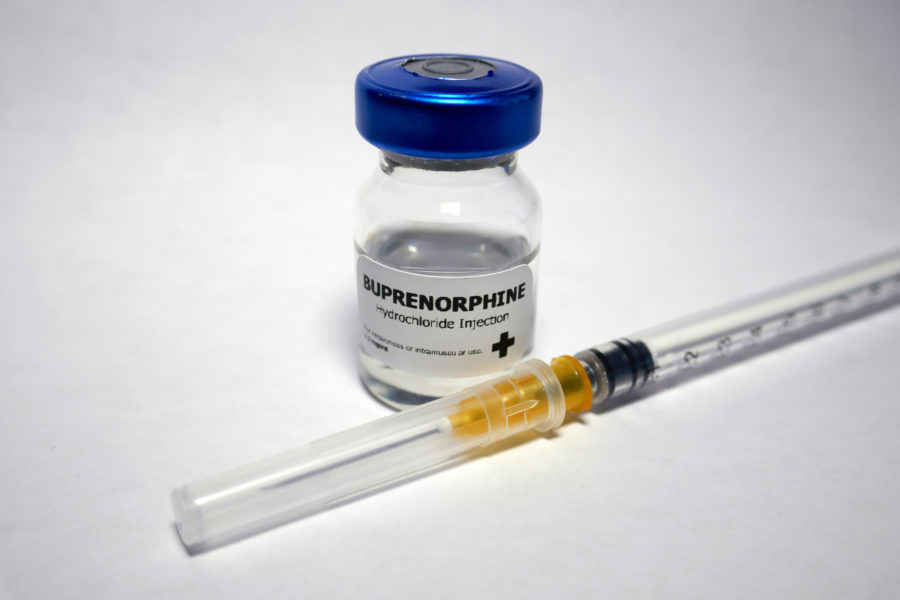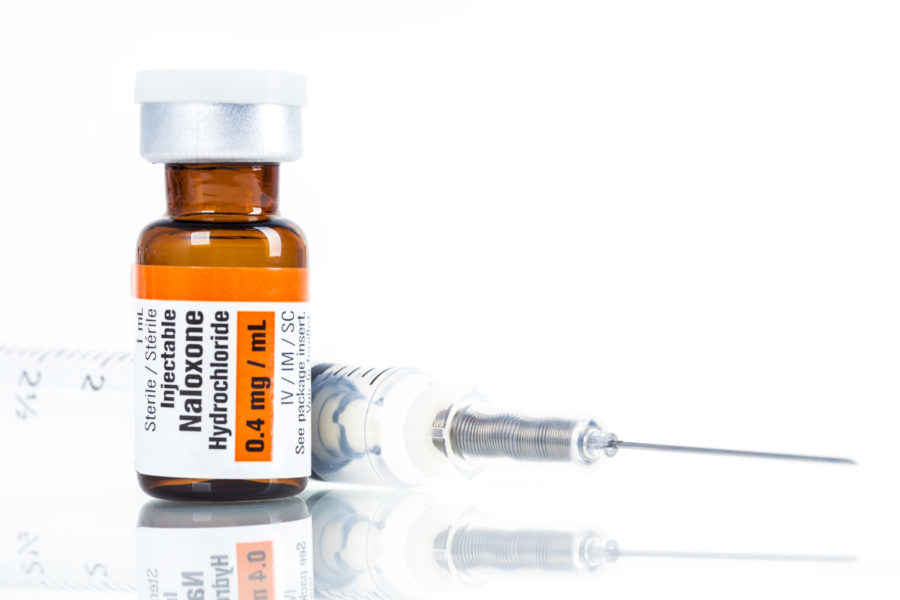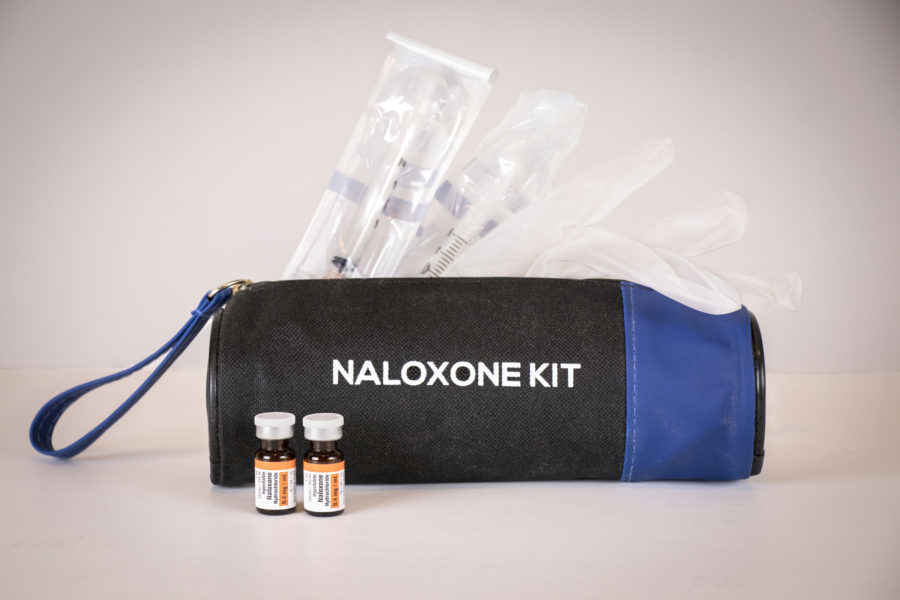
Increased Access to Medications for Opioid Use Disorder during the COVID-19 Epidemic and Beyond
WebinarsCOVID-19Harm Reduction Legal ProjectOpioid Misuse and Overdose PreventionThis webinar focused on the legal and regulatory modifications during COVID-19, how they are being used to increase access treatment for opioid use disorder, and opportunities to permanently increase access to medications.











